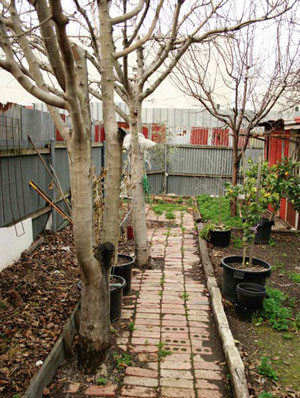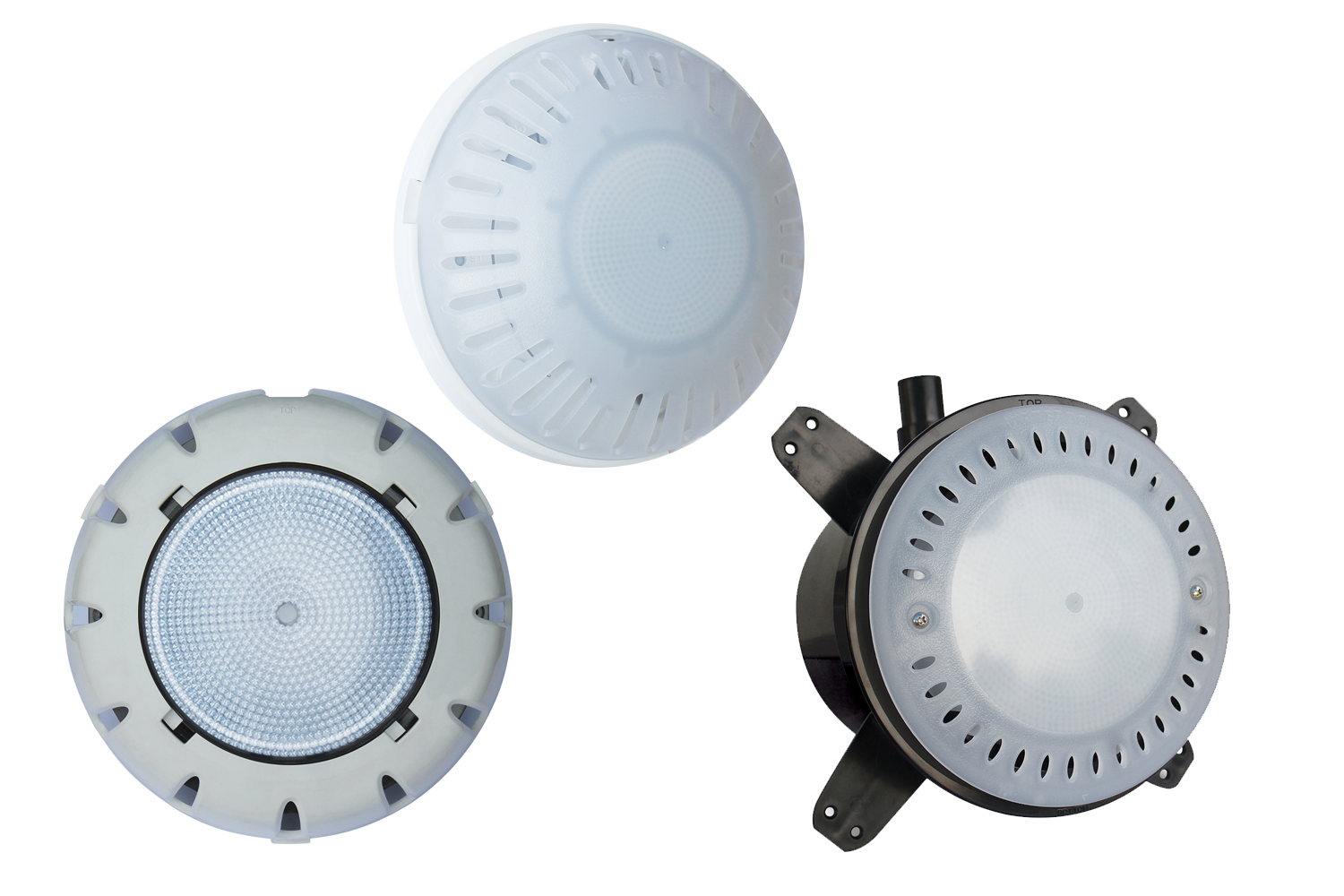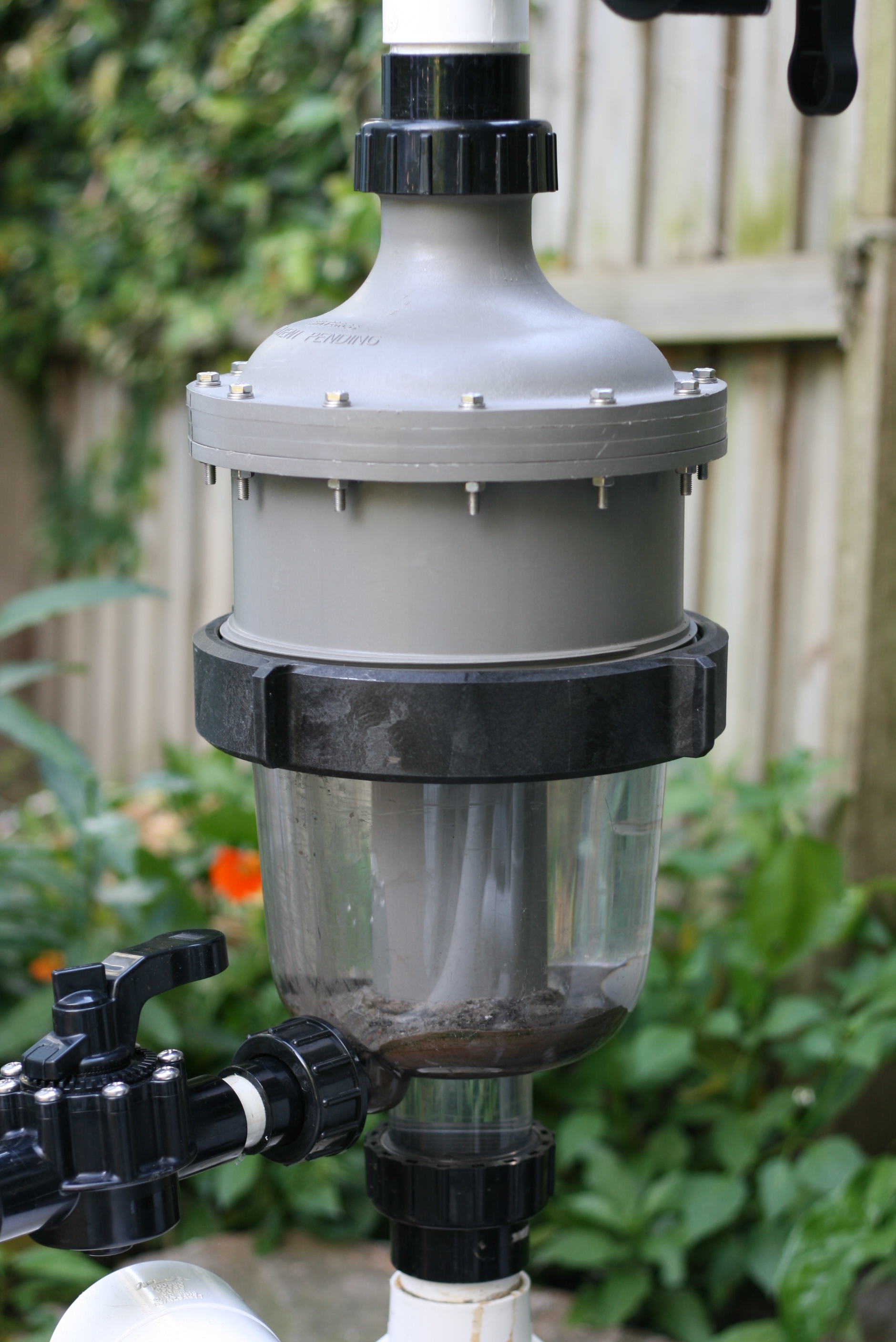An overview of your gardening to-do list in June.

Vegetables:
Cool If there are signs of mildew and rust developing, apply a spray of bluestone over your seedlings to stop spores spreading. After all, you don’t want all your efforts going to waste.
Temperate Remove remnants of the heirloom tomatoes as the green fruit will not ripen now that the colder weather is here. If the tomatoes are clean and free of disease, don’t throw them into the compost bin; instead, preserve them in some brine to enjoy them in the months to come.
Tropical Time to establish a sweet potato patch. Sweet potatoes are a long-term crop and benefit from very fertile soil. Dig an area about 1–2m2 and improve with plenty of manures and organic soil improvers.
Fruit Trees:
Cool Check your trees for dead or damaged wood and remove any you find. Remove one branch on mature trees to rejuvenate the canopy. Any branch that is more than one-third the diameter of the trunk can be pruned out.
Temperate The ground is still a little warm and moist, so now is the last chance to feed your fruiting plants. Evergreen and deciduous varieties benefit from a good dose of fertiliser, slow-release manure pellets or compost before they go into winter dormancy.
Tropical Citrus fruit are just starting to colour up. If you have tasted them and they are not sweet enough, leave for another few weeks and taste again. The longer the fruit is left on the tree the sweeter it is. Add sulphate of potash around the tree’s root zone to help to sweeten the fruit.
Compost:
Cool Add some chook manure or litter to the compost to warm it up and keep it composting during the colder months. The warmer it is, the faster it becomes compost.
Temperate Keep turning over your compost on a regular basis. Just because the weather cools down it doesn’t mean we slow down. Regular turning provides good air circulation, ensuring no bad bacteria develop in the compost and spread to your garden.
Tropical Aerating the compost pile is important at this time of year. Autumn rains and extra moisture increased the rate of breakdown of organic material. A sprinkling of pure blood and bone or compost activator will help kick-start a sluggish compost pile.
Soil:
Cool Protect and enrich your soil by mulching with dark nutritious mulches such as well-rotted manure. The dark colour will absorb the heat and the nutrients will be stored in woody plants for use in the spring growth rush.
Temperate If your winter crop has already finished, let your soil rest for a few weeks to recover before racing out to plant again. Soil needs rest just like we do to rejuvenate and prepare for another bumper season.
Tropical Get on top of all the weeds with the first sign of winter rains. A thick layer of quality mulch will smother them and stop them germinating, flowering and spreading seeds everywhere.
Vegetables:
Cool Light levels are too low for effective growth so plan the next season’s planting. Remember that leafy vegetables come after the broadbeans and peas —they will thrive on the nitrogen fixed by the legumes. The onion family can follow the cabbages, broccoli and beetroot; carrots and the potato family can fill the bed after the early onions and leeks. Peas and broadbeans can be planned for an area vacated by tomatoes, capsicum or corn.
Temperate Sow your seeds now before time gets away from you and you end up missing the boat. Use seeding trays where possible so you can manoeuvre them as required to avoid exposing them to extreme weather conditions.
Tropical Apply potash around the garden before replanting next season’s crop to help slow down the growth rate and produce betterquality vegetables. Use wood ash produced from burning organic material as an alternative to sulphate of potash — it works just as well.
Fruit trees:
Cool Think about planting some more fruit trees; they’re much cheaper now when bare-rooted. Always choose a tree with the most fibrous root system so it will be established more easily. If they are being kept in a sawdust/coir peat bed, select from those at the back of the bed. These will be the trees that have not been repeatedly pulled out and put in again — an ordeal for any root system.
Temperate Apply one application of bluestone spray over your fruit trees, especially peach and nectarine trees. Bluestone will help prevent leaf curl spores from spreading during the growing months, causing the leaves to become deformed and fall off.
Tropical Citrus trees may need a good prune after all the crop has been picked. Look for signs of citrus gall wasp and prune it out so this nasty insect doesn’t spread to the new growth and damage the branches.
Compost:
Cool Give your heap a good turn and fork it through so it doesn’t become a stagnant mess. It’s vital to allow air through your mix for effective decomposition.
Temperate Make some more compost bins by digging new holes around the garden and adding all the right ingredients for making compost. Cover them over and before you realise it you’ll have compost ready and waiting to spread through the garden — and you won’t even have to carry it too far.
Tropical If the compost pile is near established trees, keep turning it or the fine feeder roots from the large trees will soon find this rich nutrient source and before you know it the compost will be full of tree roots and depleted of nutrients meant for precious plants.
Soil:
Cool Now is a good time to check your soil’s pH. The optimum is from pH 6.5 to pH 7.5 for vegetables. Wait until the soil is workable before adding manure to soil with a higher pH; or dolomite to soil with a lower pH.
Temperate Turn over your soil one more time to get it ready for the new season’s planting and, if you haven’t composted it yet, there’s still time. Use animal manure, such as sheep, chicken or cow, to add extra vitamins and nutrients but remember not to add too much or you’ll cook your seedlings before they get a chance to grow.
Tropical Weed out small seedlings as they are much easier to smother than large, established weeds. Weed seeds have the potential to stay dormant in the soil for up to seven years, so get them out before they flower again.




